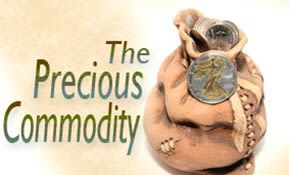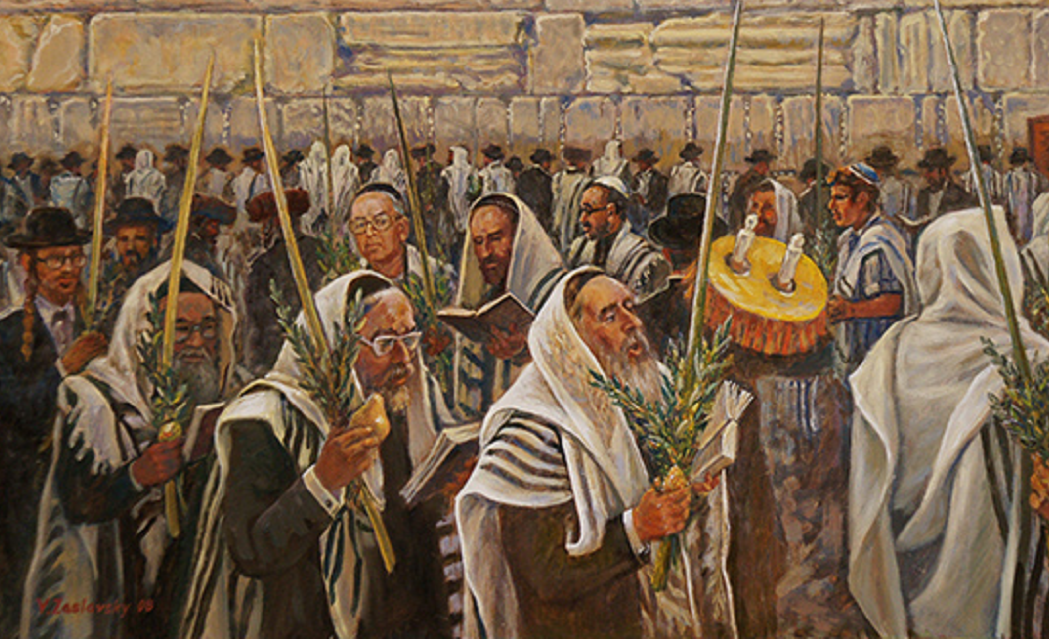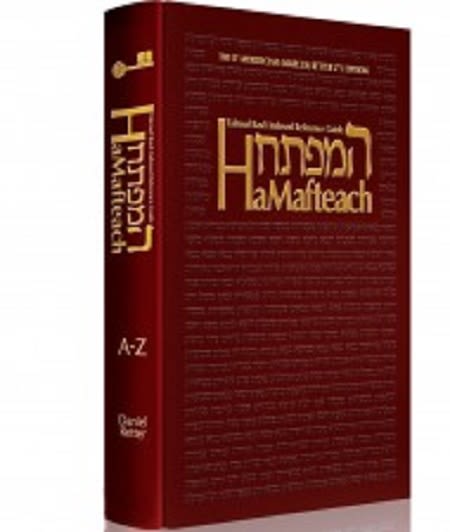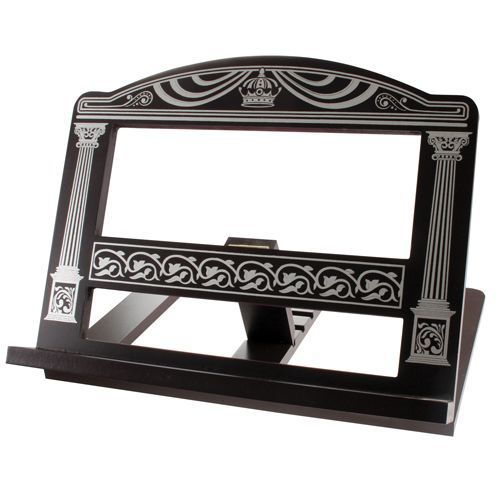
Spiritual Growth
The number seven is malchut, or in other words, the characteristic of emuna. Emuna perfects everything, for we learn...

There once was a king, who had six sons and one daughter. This daughter was very precious to him. He loved her exceptionally, and took great delight in her…
Rebbe Nachman tells a tale of a king that had seven children – six sons and a daughter. A parent naturally loves a child, so the king most certainly loved his six sons. But, his daughter was special, so he loved her most of all. The king’s daughter alludes to emuna, the pure and complete faith in Hashem. Rebbe Nachman always emphasized that the most important thing in our lives is emuna. Allegorically, even though there are many things that The King (Hashem) likes, He favors emuna more than anything else.
We should know that emuna is in itself one of Hashem’s creations, as Rebbe Nachman writes (Likutei Moharan I: 173): “The soul and emuna are one aspect. There is a spiritual world of emuna, from where the characteristic of emuna is taken, and the world of emuna itself has emuna in Hashem, blessed be He.”
Throughout the entire Torah and throughout all of creation, we see that the number seven is the foundation of all things. Repeatedly, we see “six plus one” as an allusion to perfection. This is also an indication of emuna, for the number seven alludes to the perfection of every detail within creation.
Let’s look at a few examples:
According to Kabbala, the world is governed by the seven lower spiritual spheres, and the seventh is malchut, or monarchy. The other six spheres all influence malchut, on which is dependent the tikkun of the entire universe. Each sphere has its own characteristic trait; malchut’s characteristic trait is emuna.
The world was created in six days, and on the seventh day, Hashem declared a day of rest. Our sages learn creation earned its perfection by virtue of the Sabbath, the day of rest. Therefore, a week is divided into six days of handiwork, and the seventh day which is the “Sabbath Queen,” the perfection and ultimate purpose of the entire week. The Sabbath is emuna.
The years are divided into six years where one tills the land, and the seventh year which is the shmittah, or Sabbatical year, when the land is allowed to rest. The shmitta year is totally dependent on emuna – when the farmer believes that Hashem will provide for him even though he’s not growing anything that year. Seven cycles of seven years lead to an additional yovel, or Jubilee year, which is also a year that depends on emuna, for the land lies idle during the Jubilee year as well.
Seven planets govern the constellations, or the signs, of the zodiac. Emuna perfects the zodiac, as Rebbe Nachman of Breslov writes (Likutei Moharan I:31): “There is no perfection of the zodiac, other than emuna.”
Seven days of mourning correct the deceased person’s blemished emuna. The seven days that a leper must remain outside the encampment, the seven days of purification for one that has come in contact with a dead body, the seven days of niddah, the impure part of a woman’s ovulation cycle, and the seven days of kiddushin, or betrothal, are all designed to correct and perfect emuna.
A slave serves his master for six years, and goes free in the seventh, for this is the correction of the blemished emuna that led to slavery in the first place.
There are seven openings in a person’s face, all of which we must sanctify: two eyes, two ears, two nostrils, and the mouth; these correspond to the seven branches of the holy menorah, or candelabra in the Beit Hamikdash, our holy temple. We call these the seven candles, and we sanctify these seven candles by way of emuna.
All three Jewish festivals rotate around the theme of seven: Sukkot is seven days; Passover is seven days; and Shavuot, which is only one day, but has seven days for one to fulfill the obligation of bringing a ritual sacrifice in the Holy Temple. Jewish esoteric thought teaches that the perfection of the festivals is by virtue of emuna.
The Oral Torah is based on seven – the six orders of the Mishna and the seventh, which is prayer.
The Seven Shepherds of our people – Abraham, Isaac, Jacob, Moses, Aaron, Joseph, and David – are the essence and root of our leaders in every generation, for they are the guardians of emuna as Rebbe Nachman explains (see Likutei Moharan I: 22).
There are seven parts of the world, seven climatic zones, seven source metals, seven types of wisdom, seven core character traits, and seven types of houses of idolatry. The eye is comprised of seven main parts. Spiritually, there are seven sounds, seven types of logical rebuttal, seventy faces of Torah, seventy sacrificial bulls during Succoth, and seven preparatory days before the inauguration of the holy Tabernacle, or mishkan. The Torah is full of many more sevens, all indicating the spiritual perfection attained via emuna.
In general, the number seven is malchut, or in other words, the characteristic of emuna. Emuna perfects everything, for we learn (see Abridged Likutei Moharan, I: 31): “The perfection of everything is emuna, and without emuna, everything is deficient. The perfection of Torah is only by way of emuna, for the Torah is based on emuna, since the main thing is emuna.” We also learn there that “Emuna is the source of all blessings, and via emuna, all blessings are fulfilled.” Rebbe Nathan of Breslov also says (Likutei Halachot, Hilchot Nidda, 2), that emuna is the vessel that holds the illuminations of all the world’s tikkunim, or rectifications. Therefore, all the above-mentioned sevens attain their perfection by way of emuna.












Tell us what you think!
Thank you for your comment!
It will be published after approval by the Editor.